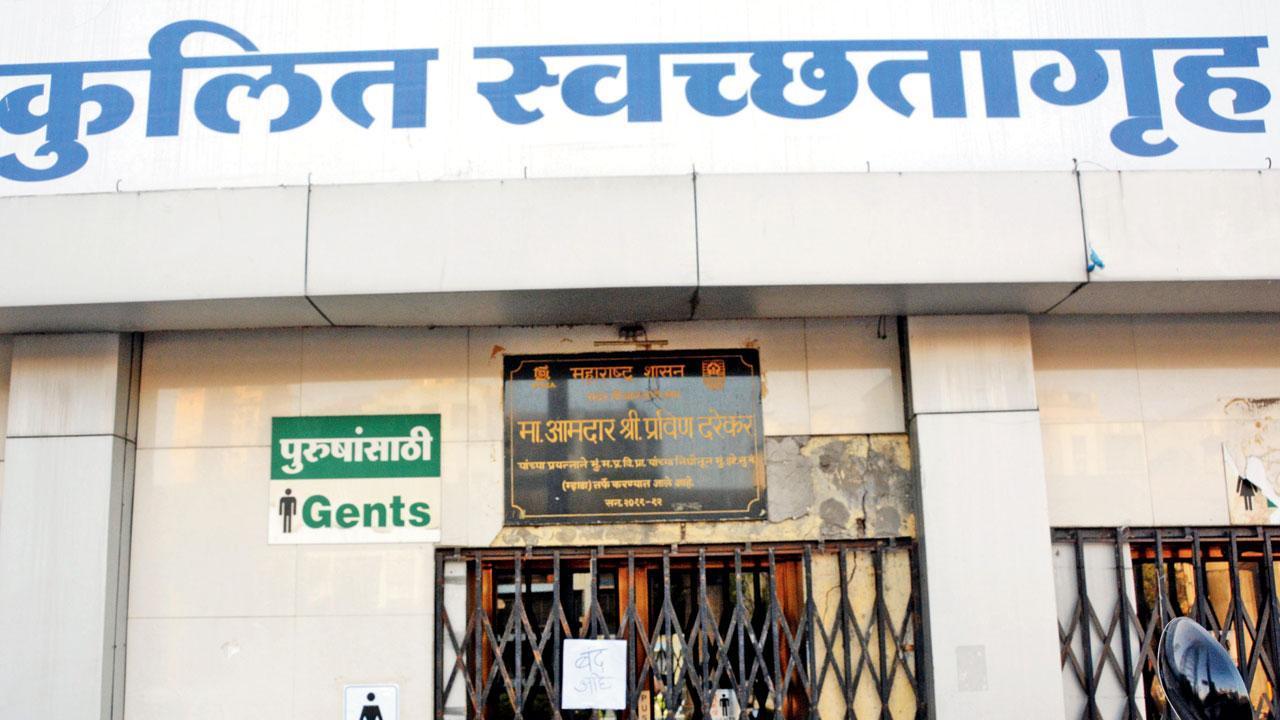The block is also designed in an aesthetic and appealing manner with a big push for the toilet-access-to-all theme.

This picture has been used for representational purpose
Reeling under the Covid-19 pandemic, Mumbai recently got an 88-person jumbo public toilet at Juhu Gally in Andheri West. The toilet is two storeyed and is supposed to be the largest built by the city’s civic corporation.
ADVERTISEMENT
There are nearly 60,000 slum dwellers in the vicinity. Each family will have to pay Rs 60 per month for use. Reports also say that it is spread across 4,000 square feet, which is truly luxurious given the space crunch in Mumbai. There is a small waiting area, WiFi, a TV set and a botanical garden. There is a men and women’s facility and toilets for the physically challenged too, which makes this truly inclusive.
The block is also designed in an aesthetic and appealing manner with a big push for the toilet-access-to-all theme.
It is laudable that toilets are being made accessible to the public but a lot of thought and vision must go into the making of these toilet blocks. This is a good initiative but we have to wonder if a small fee at the time of usage would be better than a monthly fee, as monitoring a monthly payment may prove to be difficult.
Yet, it is important that the block be maintained in good condition and that means a lot of responsibility on the users. Signage must emphasise the correct way to use this, pride in the facility and strict penalties for vandalism or misuse.
With the launch of this sprawling public toilet block, one has to see an uptick in hygiene in slum pockets. The toilet should also serve as an example to other slum pockets and this should spur efforts to construct toilets like this in other spaces. Toilets may seem banal but they serve a many-pronged process, hygiene awareness, women’s safety, dignity and civic amenities for the underprivileged.
 Subscribe today by clicking the link and stay updated with the latest news!" Click here!
Subscribe today by clicking the link and stay updated with the latest news!" Click here!






